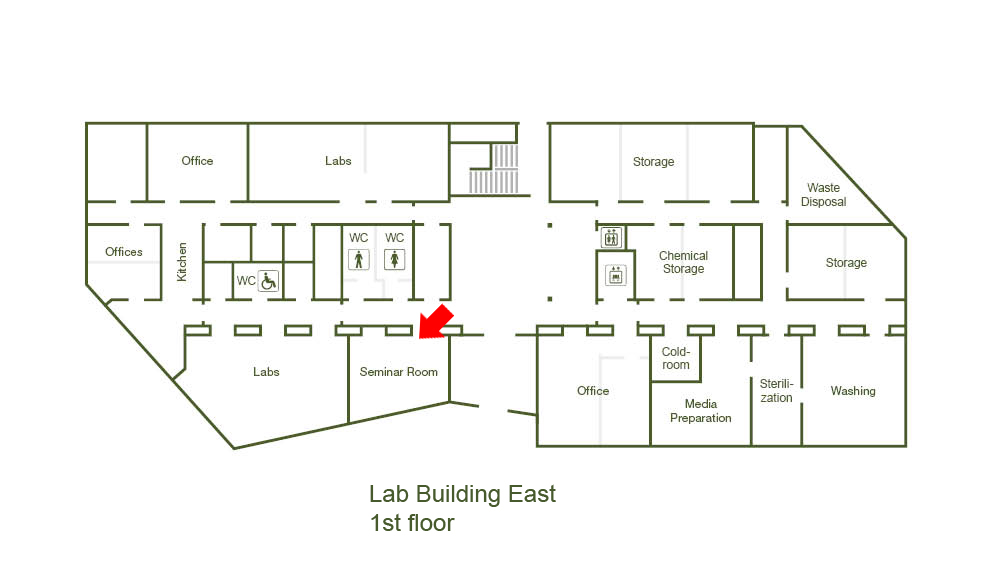B cell repertoire responses in vaccination, infection and allergy
Date
Monday, June 4, 2018 11:00 - 12:00
Speaker
Scott D. Boyd, M.D., Ph.D. (Stanford University, Stanford, CA, USA)
Location
Seminar Room, Lab Building East
Series
Seminar/Talk
Tags
Life Sciences Seminar
Host
Johann Georg Danzl
Contact

Almost all successful vaccines and many protective immune responses to infections rely on antibody production and the formation of B cell memory, but the diversity of individual humoral responses and the relative inaccessibility of the bone marrow and secondary lymphoid tissues have posed challenges in human immunological research. By combining single-cell analysis of antibody specificities and high-throughput sequencing of B cell receptor repertoires, we have identified common features of the antibody responses of human subjects to vaccinations and infections, including convergent antibody species with highly similar sequences. By analyzing the clonal relationships between bone marrow plasma cell populations and peripheral blood plasmablasts and memory B cells during vaccine responses we can assess which clones are stimulated by vaccination, and which contribute to the long lasting bone marrow plasma cell pool. We are currently applying these approaches to several kinds of primary and secondary human immune responses, to identify vaccine-specific or infectious agent-specific characteristics of B cell memory formation and effective humoral immunity. Most recently, we have used similar methodologies to analyze allergen-specific IgE repertoires in peanut allergic patients, and track the evolution of B cell clones during desensitizing oral immunotherapy.